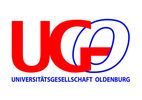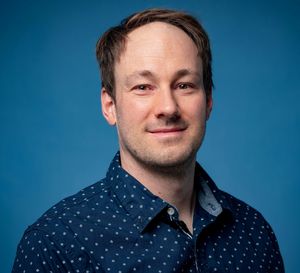Christian Keine (HEKA) - Short interview
Today we are talking about Open Science - a topic that is becoming increasingly important and the subject of much discussion. How did you come to this topic?
I became interested in Open Science through my work in research and academia, where I was confronted with the challenges of accessing and sharing scientific knowledge. When conducting a literature search for a new project, I often found that certain articles relevant to the topic had limited access, preventing an unbiased review of the literature. Similarly, when reading scientific publications and observing the data presented, I often wanted to plot or analyze them differently, but soon realized the challenges of accessing the raw data underlying the scientific conclusions. This made me realize that even seminal publications that advanced our understanding of the field are often not or only partially accessible to both researchers and the public.
What is behind your project? To what extent does your project support the topic of Open Science?
As an individual project, it focuses on the level of the researchers and their willingness to share their research and the experimental data and analyses. While larger initiatives can provide critical infrastructure (e.g., data storage), financial support (e.g., open access publishing), and training, open science can only be achieved if individual researchers are willing and able to share their research. By implementing the principles of Open Science in their individual research, researchers can facilitate the openness of science and advocate among their peers.
What (scientific) aspirations do you personally associate with Open Science? How does this manifest itself in your daily work?
My scientific aspirations with Open Science are centered around increasing transparency, collaboration, and accessibility in research. I believe that openly sharing data, methods, and findings accelerates scientific progress and ensures reproducibility. In my daily work, this manifests as a commitment to using and promoting Open access resources, sharing my research outputs on public platforms, and publishing detailed methodological descriptions to ensure reproducibility.
What would an ideal Open Science world look like for you?
For me, an ideal Open Science world would be one where research data, methods, and results are freely accessible and easily shared across borders, disciplines, and communities. This would increase collaboration and foster a culture of transparency where research findings can be evaluated and used regardless of location or resources. In this world, publicly funded research would be freely available to the public, accelerating innovation and strengthening the connection between research and the public.
Finally, what advice do you have for Open Science newcomers?
When designing experiments, collecting, and analyzing data, remember that science is not conducted in a vacuum and assume that someone will want to look at your research in the future, so make sure everything is reproducible and transparent. This will not only help your peers to independently evaluate your research, but will also further strengthen your data collection and analysis skills, leading to higher standards in data collection and more rigorous data analysis. Start by incorporating the principles of transparency, collaboration, and accessibility into your work by sharing your data, methods, and findings openly whenever possible, and explore platforms and tools designed for open research. It only needs small steps to get started.




